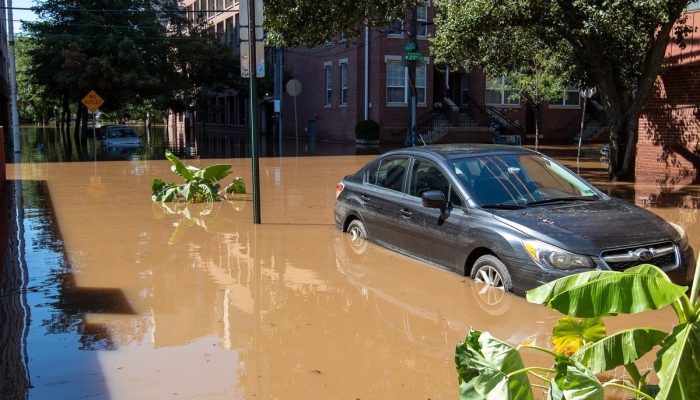June 29, 2018
Big events, like concerts, sports games, or unique attractions like Philadelphia’s Welcome America, make summer memorable. People plan to meet up with friends, take their kids, and what they’d like to see.
In making plans, don’t forget to plan for peace of mind by incorporating awareness and safety into your experience.
We spoke to experts from St. Christopher’s Hospital for Children and Hahnemann University Hospital to talk child safety and how to look out for your health when you at events with large crowds in the heat.
Dr. Kathryn McCans from St. Christopher Hospital gave insight into child safety, from keeping them hydrated to making them stand out in bright colors.
A main point McCans stressed was that planning for the event and deciding what attractions you’re interested in along with establishing a meet-up location if you should be separated is vital.
Other tips Dr. McCans offered:
- Check the forecast. Make sure they’re dressed for the weather. Preferably wear clothing that is SPF rated or UV resistant.
- Make sure your child stands out in the crowd. Dress them in bright, neon colors.
- Take a safety selfie. When you take a pic that day that shows what you’re wearing, email it to yourself in case your phone loses total power and you need to retrieve it later.
- Bring enough water. Avoid sugary drinks or sports drinks with electrolytes. If your child is young or non-communicative, offer them small drinks of water regularly.
- Make a plan before coming. Figure out where you would like to go and become familiar with landmarks to choose a meet-up location if you should become separated from family or friends.
- Have kids become familiar with how police and firefighters are dressed so they know who they can go to if they need to.
- Video screens or speaker systems away from the main stage allow you and your family to be part of the party without being immersed in a crowd.
- Write down your phone number on your child’s arm. You can cover with liquid band-aid so it doesn’t rub off. Or use a bracelet, or a slip of paper in their pocket.
Eric Stander, MD, from Hahnemann University Hospital talked about the importance of staying hydrated and the science of sweat. Staying hydrated with liquids can be a severe situation as becoming dehydrated can lead to severe forms of heat illness like heat exhaustion or heat stroke. Sweat allows the body to regulate temperature.
Stander said, in order to help your health during the heat and outdoor events, consider:
- Avoid alcohol, which speeds up dehydration and inhibits the body’s ability to regulate temperature.
- Stick to water. Steer clear of drinks that are sugary or have caffeine as they contribute to dehydration.
- Plan for your event. Find out if there are places to escape the sun and heat. Find an indoor location with fans or air-conditioning where you can lower your body temp.
- Excessive heat can worsen pre-existing health conditions, including diabetes, cardiovascular disease, and asthma. Learn the symptoms of heat-related illnesses, especially heat stroke.
- Be a good friend, even to a stranger. If you notice someone is lethargic, has slurred speech, has stopped sweating and their skin is a reddish color, they may be experiencing heat stress. Call 911.




